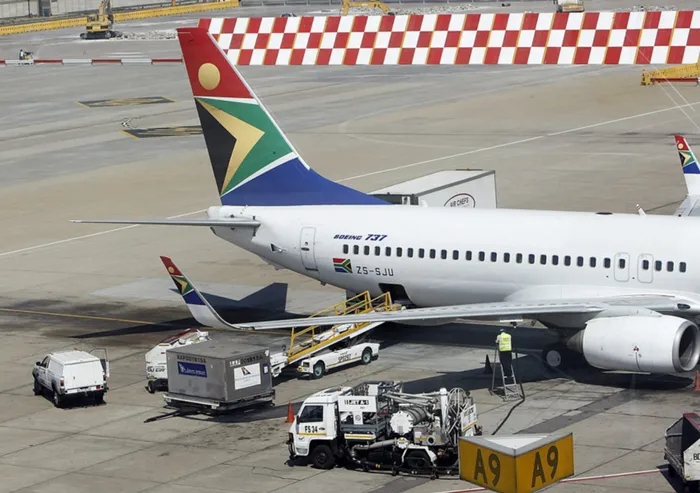‘Days of national flagship airlines over’

File photo. Leon Nicholas File photo. Leon Nicholas
Cape Town - The era of government-owned flagship airlines flying to a handful of high-profile destinations for national prestige was over – and will never be coming back, delegates at the 69th International Air Transport Association (Iata) annual general meeting heard in Cape Town.
“Once an airplane has taken off, you can’t even see its flag,” said Titus Naikuni, chief executive officer of the largely privatised Kenya airways during an afternoon panel discussion on business opportunities for airlines in Africa.
James Hogan, chief executive officer for Etihad airways, said for African airlines to succeed in a tough international arena, governments must stop viewing national carriers as “legacy projects” and matters of national prestige.
“Take politics out of the airline and bring in professional management,” said Hogan. “The model has to change and can change, but it needs political will.”
Hogan said in this case political will meant governments should stop trying to run airlines and start creating conditions conducive to airline growth as a whole.
George Uriesi, managing director of the Federal Airports Authority of Nigeria, said that just as large unreformed national carriers were on the way out, small airlines – which make up the majority of African airlines – were heading for extinction.
Uriesi said consolidation of these small carriers – which often only had between three to five airplanes – was unavoidable.
Together with consolidation, Uriesi said that, as more Africans start flying within Africa, there was great room for growth in the next five years.
This growth, said Uriesi, could be greatly facilitated by African governments easing burdensome tax laws and getting rid of red tape.
“One of the major impediments (of growth) is governments being in the way,” he said.
The discussion panel also considered the issue of air safety in Africa.
Although Africa has only two percent of global air traffic, it sees about a quarter of all accidents.
Elijah Chingosho, secretary general of the African Airlines Association, said two countries – the Democratic Republic of Congo (DRC) and Sudan – were negatively affecting the image of the whole continent by their high rate of aircraft accidents.
“We need to focus on these two countries,” said Chingosho. “Otherwise the efforts of everyone else will be tarnished.”
He said most African countries had made great strides in air safety over the past decade.
He cited the example of how Angola – which once had one of the continent’s worst air safety records – improved its safety record after ditching its fleet of ageing Soviet-era aircraft and investing in regulatory oversight. - Cape Times